Kode Icd 10 Tic Facialis
 Lyme Dementia Code Icd 11 Madison Area Lyme Support Group
Lyme Dementia Code Icd 11 Madison Area Lyme Support Group
2020 ICD-10-CM Diagnosis Code F95.9

- 2016 2017 2018 2019 2020 Billable/Specific Code
- F95.9 is a billable/specific ICD-10-CM code that can be used to indicate a diagnosis for reimbursement purposes.
- The 2020 edition of ICD-10-CM F95.9 became effective on October 1, 2019.
- This is the American ICD-10-CM version of F95.9 - other international versions of ICD-10 F95.9 may differ.
Applicable To
Annotation Back-References
In this context, annotation back-references refer to codes that contain:
- Applicable To annotations, or
- Code Also annotations, or
- Code First annotations, or
- Excludes1 annotations, or
- Excludes2 annotations, or
- Includes annotations, or
- Note annotations, or
- Use Additional annotations
- F01-F99
2020 ICD-10-CM Range F01-F99
Mental, Behavioral and Neurodevelopmental disorders
Mental, Behavioral and Neurodevelopmental disordersIncludes- disorders of psychological development
Type 2 Excludes- symptoms, signs and abnormal clinical laboratory findings, not elsewhere classified (R00-R99)
- F90-F98
2020 ICD-10-CM Range F90-F98
Behavioral and emotional disorders with onset usually occurring in childhood and adolescence
Behavioral and emotional disorders with onset usually occurring in childhood and adolescenceNote- Codes within categories F90-F98 may be used regardless of the age of a patient. These disorders generally have onset within the childhood or adolescent years, but may continue throughout life or not be diagnosed until adulthood
- Habit tic
- Tic disorder
- Tic disorder, habitual
- Disorders characterized by recurrent tics that may interfere with speech and other activities. Tics are sudden, rapid, nonrhythmic, stereotyped motor movements or vocalizations which may be exacerbated by stress and are generally attenuated during absorbing activities. Tic disorders are distinguished from conditions which feature other types of abnormal movements that may accompany general medical conditions. (from dsm-iv, 1994)
- 091 Other disorders of nervous system with mcc
- 092 Other disorders of nervous system with cc
- 093 Other disorders of nervous system without cc/mcc
Convert F95.9 to ICD-9-CM
Code History- 2016 (effective 10/1/2015): New code (first year of non-draft ICD-10-CM)
- 2017 (effective 10/1/2016): No change
- 2018 (effective 10/1/2017): No change
- 2019 (effective 10/1/2018): No change
- 2020 (effective 10/1/2019): No change
Code annotations containing back-references to F95.9:
ICD-10-CM Codes Adjacent To F95.9
F94.0 Selective mutism
F94.1 Reactive attachment disorder of childhood
F94.2 Disinhibited attachment disorder of childhood
F94.8 Other childhood disorders of social functioning
F94.9 Childhood disorder of social functioning, unspecified
F95.0 Transient tic disorder
F95.1 Chronic motor or vocal tic disorder
F95.2 Tourette's disorder
F95.8 Other tic disorders
F95.9 Tic disorder, unspecified
F98.0 Enuresis not due to a substance or known physiological condition
F98.1 Encopresis not due to a substance or known physiological condition
F98.2 Other feeding disorders of infancy and childhood
F98.21 Rumination disorder of infancy
F98.29 Other feeding disorders of infancy and early childhood
F98.3 Pica of infancy and childhood
F98.4 Stereotyped movement disorders
F98.5 Adult onset fluency disorder
F98.8 Other specified behavioral and emotional disorders with onset usually occurring in childhood and adolescence
Reimbursement claims with a date of service on or after October 1, 2015 require the use of ICD-10-CM codes.
Gallery Kode Icd 10 Tic Facialis
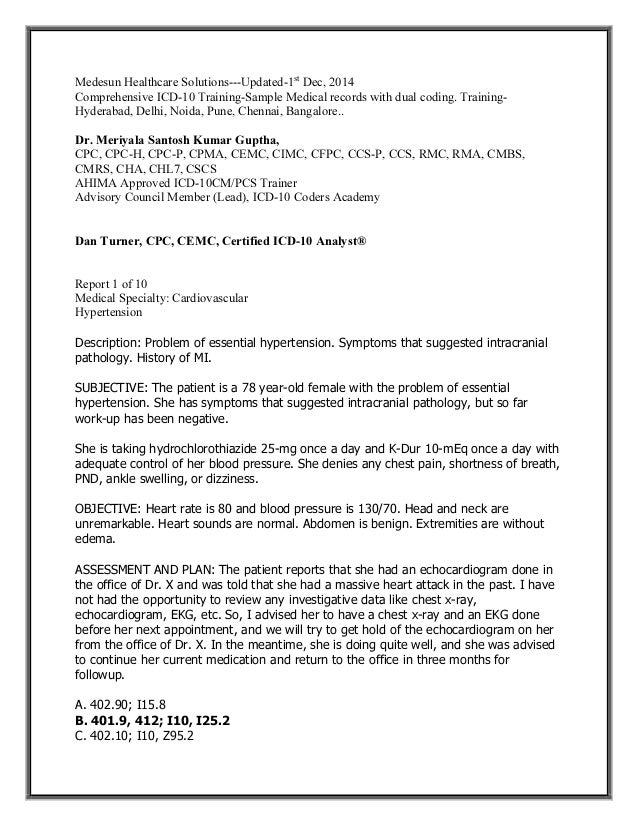 Cardiology Icd 10 Records With Dual Coding Icd 10 Training
Cardiology Icd 10 Records With Dual Coding Icd 10 Training
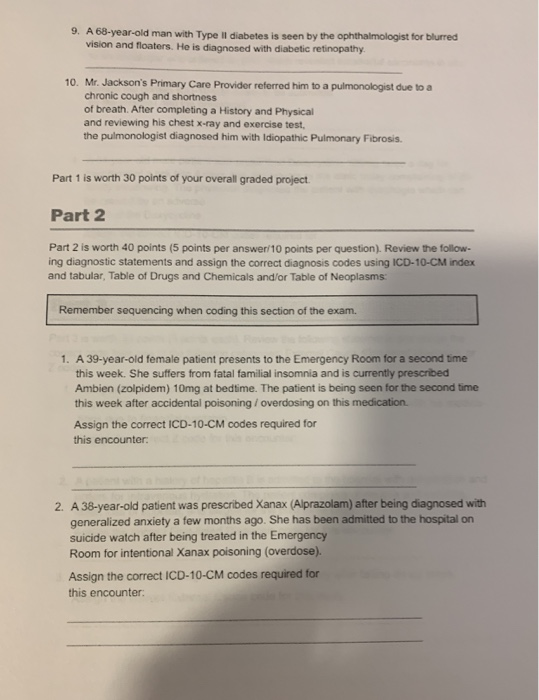 Solved Part 1 Is Worth 30 Points 3 Points Each Review
Solved Part 1 Is Worth 30 Points 3 Points Each Review
 3 2 1 Code It 5th Edition Green Solutions Manual
3 2 1 Code It 5th Edition Green Solutions Manual
 Icd 10 Codes For Acute Respiratory Infections
Icd 10 Codes For Acute Respiratory Infections
Guide For Icd 10 S And Ambulance Services
 Videos Matching Icd 10 For Kindergarten Introduction To
Videos Matching Icd 10 For Kindergarten Introduction To
 Diagnostic Error In Medicine Diagnosis
Diagnostic Error In Medicine Diagnosis
 Icd 10 International Statistical Classification Of Diseases
Icd 10 International Statistical Classification Of Diseases
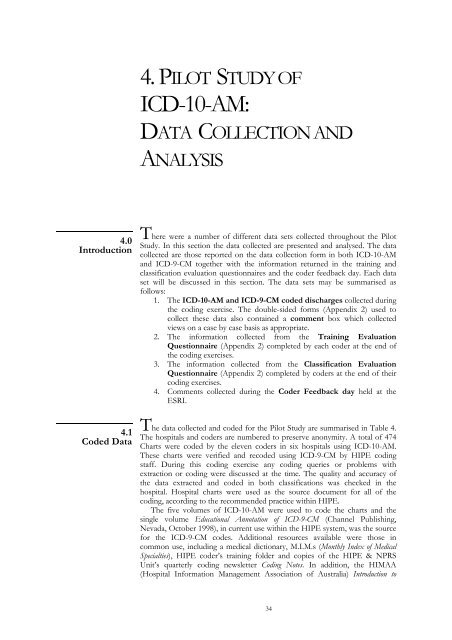 4 Pilot Study Of Icd 10 Am Data Collection And Analysis Esri
4 Pilot Study Of Icd 10 Am Data Collection And Analysis Esri
 Code Penyakit Icd 10 Autosaved Wiwien Indriyati Academia Edu
Code Penyakit Icd 10 Autosaved Wiwien Indriyati Academia Edu
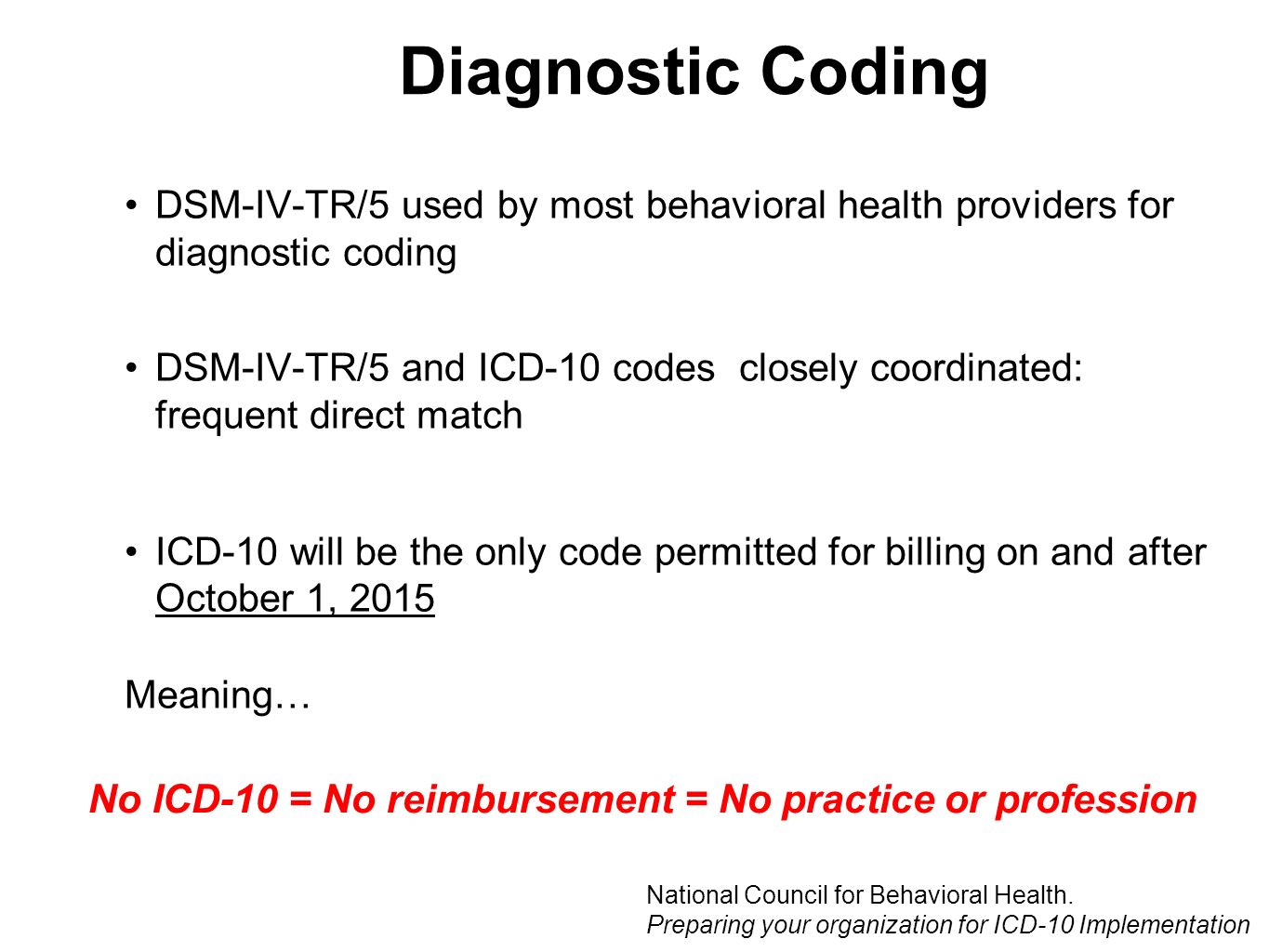 University Of North Carolina Wilmington Ppt Download
University Of North Carolina Wilmington Ppt Download
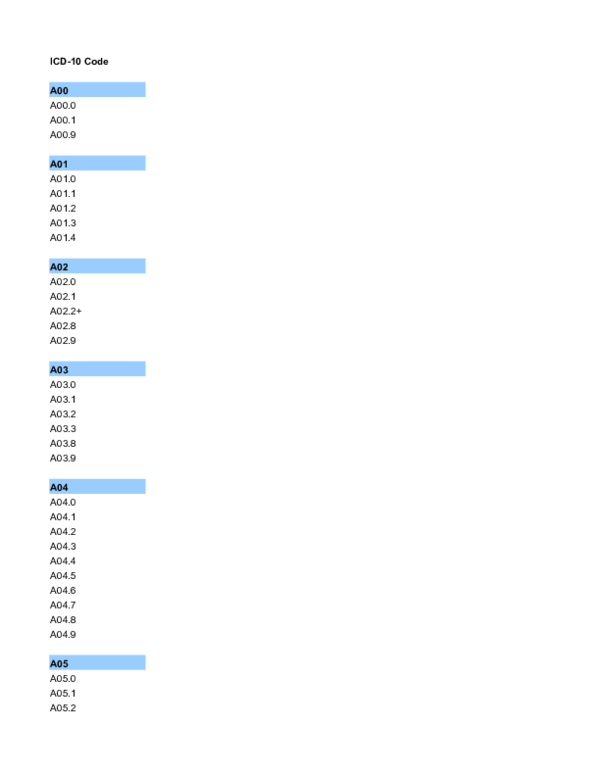 Xls Icd 10 Dan Icd 9 Esgece Mb Academia Edu
Xls Icd 10 Dan Icd 9 Esgece Mb Academia Edu

 Icd 10 International Statistical Classification Of Diseases
Icd 10 International Statistical Classification Of Diseases
 And Then They Said Icd 10 Will Startoctober15and
And Then They Said Icd 10 Will Startoctober15and
 Icd 10 Ca Codes Partial Pick List Pdf Document
Icd 10 Ca Codes Partial Pick List Pdf Document
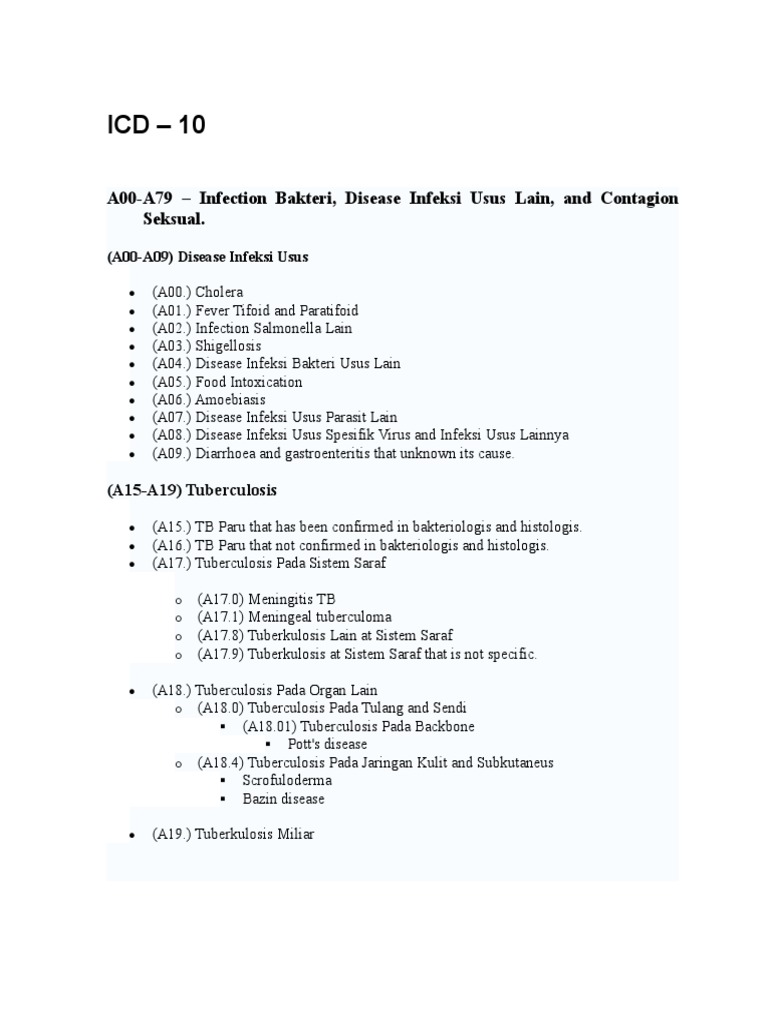
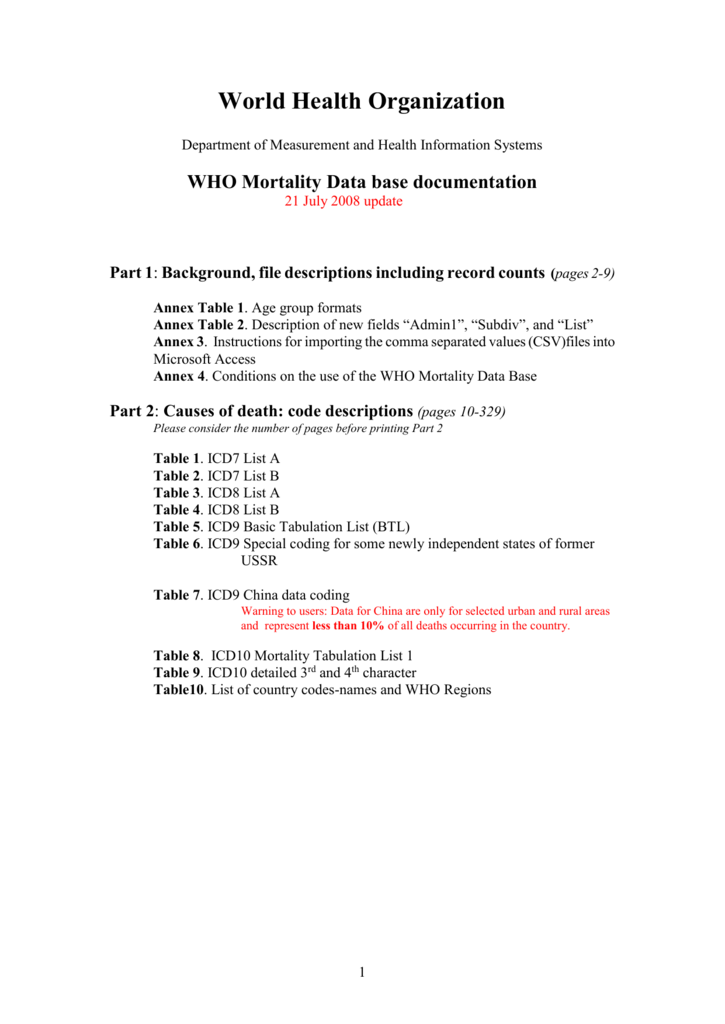
0 Response to "Kode Icd 10 Tic Facialis"
Post a Comment